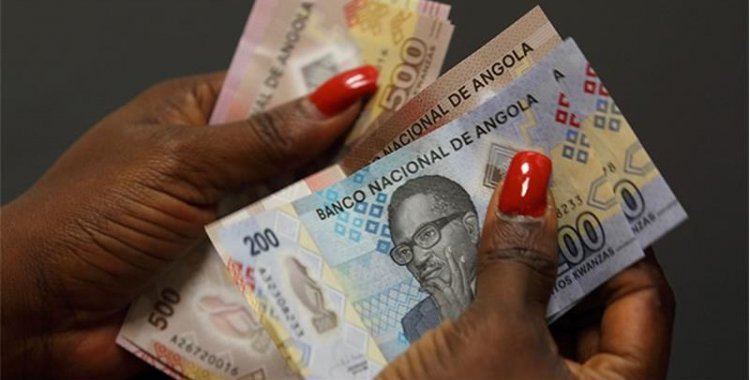"The devaluation of the kwanza is due to supply shocks in the foreign exchange market. There was a significant reduction in the supply of currency with the absence of the National Treasury in the first half of this year and it remains absent", said the economist to Lusa.
For the specialist, two reasons support this reduction in the supply of currency, namely the fact that the Treasury "is allocating revenues in foreign currency to pay the debt without replacing it with new currencies".
"This deprives them of liquidity in foreign currency to sell in the foreign exchange market, on the one hand", he points out.
Vunge also points to the "weak performance of the external accounts" as another reason for the fall in currencies.
"Today it has been proven that there is a correlation between the exchange rate and the price level in the national economy", stressed the economist, recalling that Angola is a country dependent on imports "even in basic goods".
With the "exchange rate devaluing as it is", he noted, the inflation target defined by the authorities "cannot be reached".
Banco Fomento Angola (BFA) considered this Tuesday that the kwanza will appreciate in the medium term, despite the fall of almost 10 percent against the dollar last week, accumulating losses of 23.75 percent since the beginning of the year.
"Last week was marked by the continued depreciation of the kwanza against the dollar and against the euro", write the BFA analysts in their weekly commentary on market developments, pointing to falls of 9.87 percent against the dollar and 9.95 percent against the euro.
The kwanza ended last week at 660.6 kwanzas per dollar and 711.4 kwanzas per euro, and the BFA said that "the pace of decline of the kwanza does not seem to be slowing down".
The Government has decided, since the 2nd of June, to partially withdraw subsidies for gasoline, whose liter now costs 300 kwanzas against the previous 160 kwanzas, with reports already of rising prices of food and other services.
Asked whether the Government should back off the fuel measure, Alberto Vunge said that "there is still no way to isolate the effect of withdrawing the fuel subsidy on the evolution of inflation".
And since it was a measure taken "after the mismanagement of prices", he does not consider that "it is a cause of inflation".
Regarding the possible need for intervention by the National Bank of Angola (BNA), the economist considered that the Angolan central bank "has been trying, mainly, to purge the kwanzas" with its intervention in the money market.
He considered that the aforementioned BNA measure "is not the most ideal", believing it to be the "possible" measure given the "inability" to increase the supply of currency.
"But it is a measure that limits imports and deepens the shortage of consumer goods, further fueling the rise in prices," he noted.
"There are those who defend that, in the short term, the Treasury should go to the international markets and contract or make debt to capture foreign currency and feed the exchange market, stabilize the exchange rate and inhibit the so-called imported inflation", he pointed out.
And, on the other hand, he pointed out, allowing the adjustment of the supply of goods to the level of current demand.
But, he argued, "it is a measure that solves the problem in the short term, but could endanger the sustainability of public finances in the medium and long terms", concluded Alberto Vunge.







